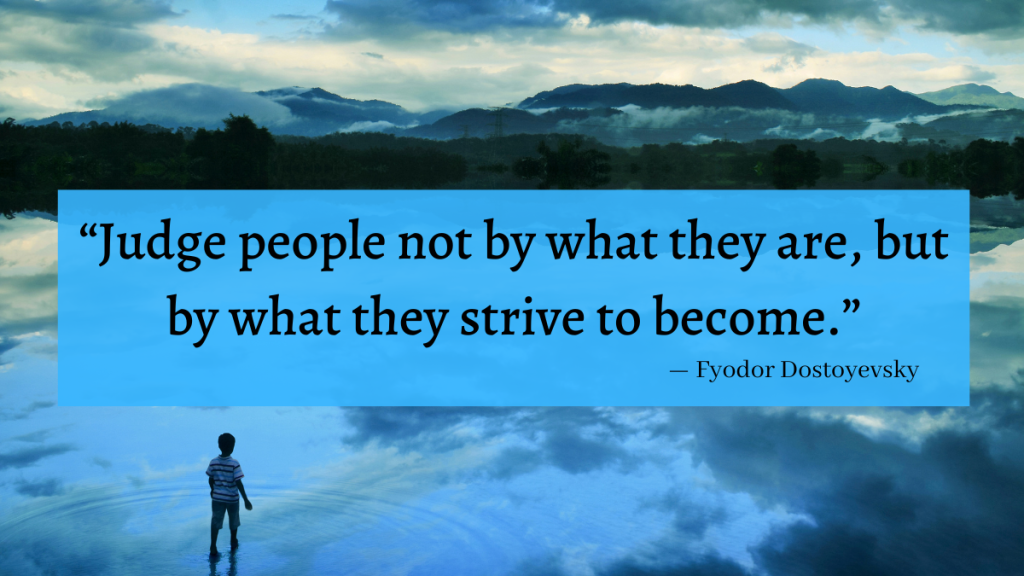Do you ever feel like your day just isn’t going well? I know we all have good days and bad ones, but I’m talking about something different. It’s those days when everything feels a little off, or when every decision you make seems to be the wrong one. These situations are tricky because things could certainly be worse (as we remind ourselves), but that also doesn’t solve the confusing problem at hand. Unfortunately, anxiety can exacerbate some of these more challenging days, taking situations that are challenging and turning them into overwhelming messes (I know where of I speak). But I’m here today with a possible solution, and it’s relatively simple – drink some water.
Okay, okay; this isn’t my entire bit of advice. But it is the lead-in to an important question that, in my opinion, we don’t ask ourselves enough when considering our mental health. And that question is, what am I doing to take care of myself?
Look, I get it; there’s enough going on in our day-to-day lives, it’s easy to understand how some things can fall through the cracks. But taking care of ourselves does not have to seem as difficult, time-consuming or labor intensive as we think. One of the reasons I used to find this topic so daunting is because I thought about this in the context of ‘self-care,’ which to me meant something else entirely. I don’t have time to take care of myself in the ways I need, I’d think.
But here’s the thing: I was wrong. I thought that self-care revolved around a lot of the buzz words and activities we hear about today. Maybe I needed to take more mental health days, or visit a spa. I could do more yoga, or exercise in a way that made me feel good. And while all those things do contribute to self-care, I’ve learned that there are basic things that, when missed, make my day-to-day life more difficult. One of which is just…drinking water.
I remember when I wrote about how our health is more than just physical, and all the research I did into figuring out the different aspects of our health. Even though it made perfect sense at the time, putting it into practice was more difficult than I anticipated. It’s not that I needed to be actively thinking about this; I just needed to be more intentional.
There have been times where I’ve had a headache, or I’ve felt sad, and now I think to myself: do I just need to drink some water? Do I need a snack? A nap? I’m not saying those things solve all my problems (believe me), but there are times where my anxiety or depression can deter the other ways I need to take care of myself. I would guess that over the years, some bouts of depression were made more difficult due to my lack of taking care of myself in other areas in life.
Now before you get ahead of yourself, I want to say that this advice isn’t recommended as a singular fix, or for someone mental health crisis or facing recurring challenges. I didn’t come here to say that your depression will be solved with a drink of water and a little treat (unfortunately for us both). However, figuring out the best ways to take care of ourselves from one day to the next is how we can build a strong foundation for when times are difficult. With patience and practice, our self-knowledge can grow, and make us better equipped to face the next challenge when it comes to our mental health and wellness.





